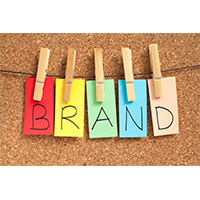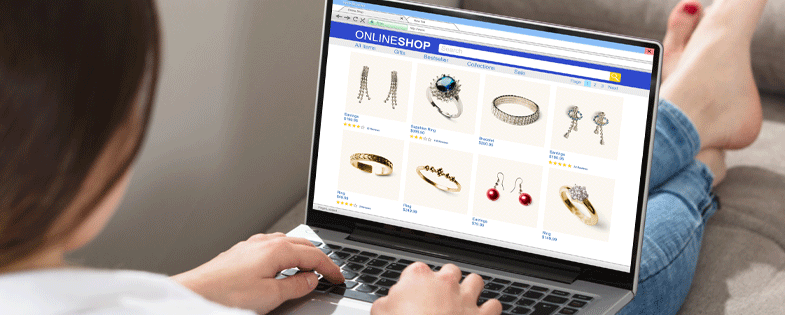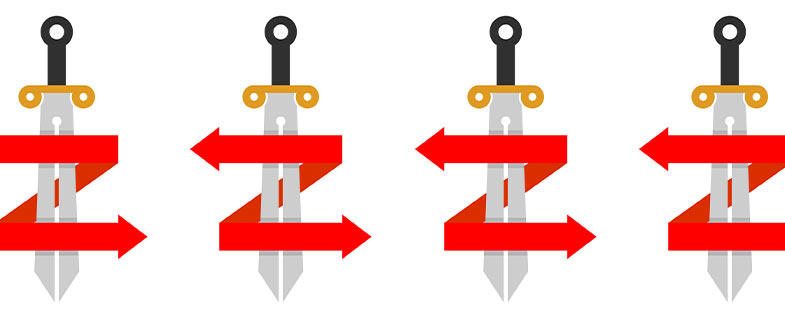

All Brands Are Not Created Equal
Everybody talks about brands. News anchors refer to the Isis “brand.” Celebrities and politicians have long considered themselves a brand. Nearly everything is branded, from movies to sports stadiums, national parks to cities.
So you would think most people, and in particular, most businesses would have a clear understanding of what’s involved in becoming a brand.
Think again.
A brand is not a logo. A brand is not a name. A brand is not a mysterious, indefinable “something” that surrounds a business or emanates from it like an aura. The fact is, a fairly straightforward and widely accepted definition of the word brand does exist.
Drumroll, please…
A brand is the collection of perceptions in the mind of an audience that adds to or subtracts from the value of the products or services.
Simple, right?
What’s not so simple is creating that brand, shaping that collection of perceptions in a way that differentiates you and creates a preference for whatever it is you’re offering.
Most jewelry designers know this and do it quite well. But what about retailers and manufacturers?
Often the mainstay for a manufacturer is a product that is fairly universal. Diamond engagement rings, sterling silver, and gold chains. Yes, there are hundreds of product variations on those themes, but product alone does not build a brand.
And it’s not just manufacturers who need to be reminded about the importance of their brand. Retail jewelers should be focused on creating a differentiated brand as well. It’s no longer product that makes a jeweler unique. On-line shopping made pricing transparent and availability a non-issue.
So what does differentiate you? And why is it important?
First of all, consider the benefits of having a strong brand. A strong brand:
Creates greater loyalty
Makes you less vulnerable to the competition
Makes you less vulnerable to a marketing crisis
Allows for larger margins
Allows for a better response to a price increase
Increases your marketing communication effectiveness
Creates brand extension opportunities
The fact is, there are tangible benefits to positioning your brand correctly in the marketplace.
To compete, you need to define your unique brand value to your customers. Customer preference is based on both what they know and what they feel about your brand. And your customer’s emotional connection with your brand is the most compelling.
If this sounds like a lot of inflated “market speak” consider some of the biggest brands and their emotional appeal: Disney, Nike, Apple.
It’s the way customers feel about these brands that create brand preference and a strong brand relationship. It’s the brand persona, Disney’s wholesomeness, Nike’s call to empowerment, Apple’s innovation and accessibility, that resonates with the customer. These mega brands didn’t build their success based on a product. Well made tennis shoes do not create an icon.
Intrigued? The good news is there is a step-by-step process for positioning or repositioning your brand. It’s not sorcery. And it’s not rocket science. But it is disciplined, strategic and best when facilitated by an outside brand development expert.
Want to learn more about the power of a strong brand? Give us a call. We’d love to talk.




